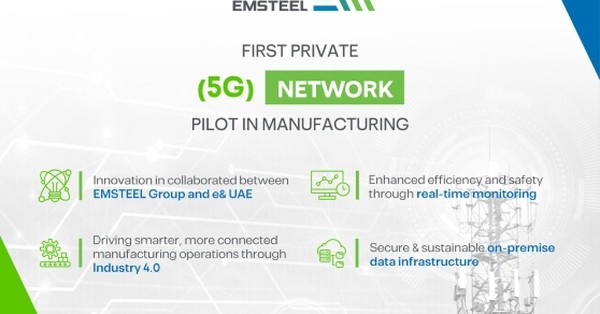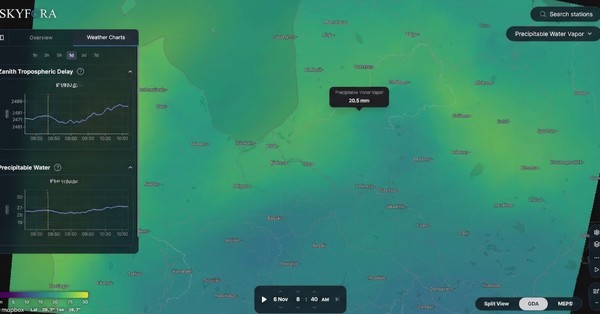Telia Norway and the Norwegian Defense Materiel Agency have entered into collaboration on developing tactical private 5G networks, as well as a virtual private network implemented as a part of Telia Norway’s national 5G network. Secure and robust communication has always been an important priority for the Norwegian Armed Forces and with 5G and private networks several new opportunities are emerging.
We have tested 5G for several years to explore how the defense sector can benefit from the technology. We are now taking another step forward by entering into agreements with commercial mobile operators to develop tactical, private 5G networks that can be combined with the national 5G networks currently being established,” says Eiliv Ofigsbø, head of CIS division at the Norwegian Defense Materiel Agency.
A private network of this kind can be operated separately while also being connected to Telia Norway’s national 5G network. By combining existing infrastructure and a separate tactical network the objective is to build a communication solution that is both secure, resilient, and flexible.
“Secure communication is a requirement for the Armed Forces, both in times of peace and crisis, and it is our task at the Defense Materiel Agency to deliver systems that make this possible. It is important that we consider new technologies such as 5G, and that we understand how to best benefit from the expertise and infrastructure that already exists in the civilian sector,” says Ofigsbø.
Slicing – a network within the network
The architecture of the 5G network ensures that data from the Armed Forces can be kept separate from other traffic in the public mobile network and be given priority, if necessary – a concept called network slicing. The security level of the 5G network is already high in the 5G network with SIM authentication of all devices, encryption of traffic and licensed radio spectrum. Nevertheless, the Defense Materiel Agency will put additional encryption on top in a private network setup for the Armed Forces.
“The Norwegian Defense Materiel Agency has extensive experience in 5G testing in Norway and it will be very exciting to develop this service together with them,” says Jon Christian Hillestad, VP Enterprise of Telia Norway. “Our experience with private networks in our Enterprise Mobile Network portfolio fits perfectly into such a project. The objective is to be able to deliver tactical, private networks as well as a virtual private network as a slice in Telia Norway’s nationwide public 5G network as a managed service to the Armed Forces within a few years. This is like a network within the network”, Hillestad says.
Armed forces, an important customer for Telia Norway
In February 2022, the Armed Forces again chose Telia Norway and Telia-owned Phonero as the main supplier of fixed and mobile phone services after a public tender process. In the request for proposal from the Armed Forces it was pointed out, among other things, that “the users engage in tasks critical for society and entail high demands on quality and availability, both in daily use, in crisis and in emergency preparedness.”
“The Armed Forces is an important customer for Telia Norway, with whom we have worked for many years. We look forward to developing the future of communication solutions together with them,” says Hillestad. “We will be first in Norway with a nationwide 5G network in 2023 and invest heavily into developing a secure, reliable and robust mobile network that will benefit all our customers.”
Telia was first in Norway to launch private networks for enterprise and public sector customers in spring 2021. The Enterprise Mobile Network portfolio from Telia Norway includes dedicated private networks, hybrid mobile networks, virtual private mobile networks, as well as specialized services in the public mobile network. Telia Norway is currently experiencing increasing demand in the enterprise market for this type of services, which can be delivered over both 4G and 5G.







































